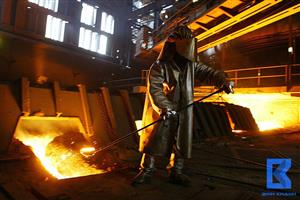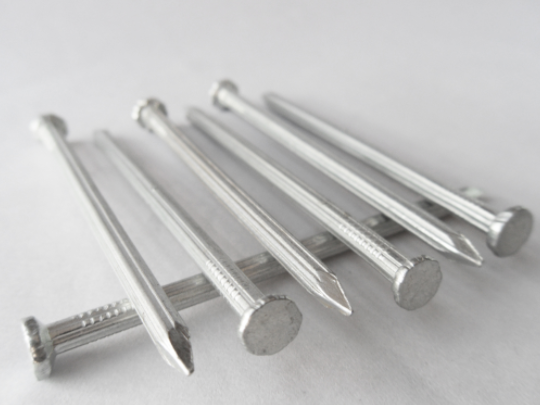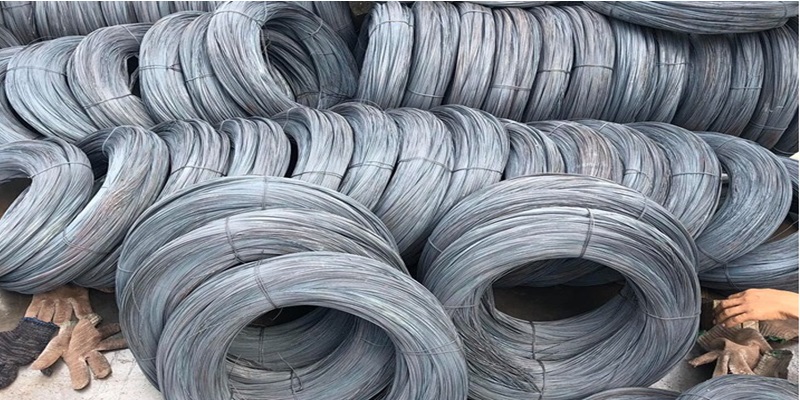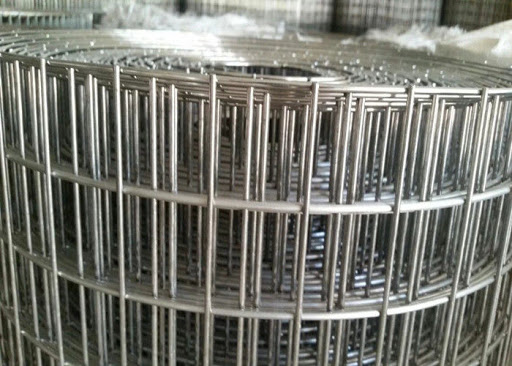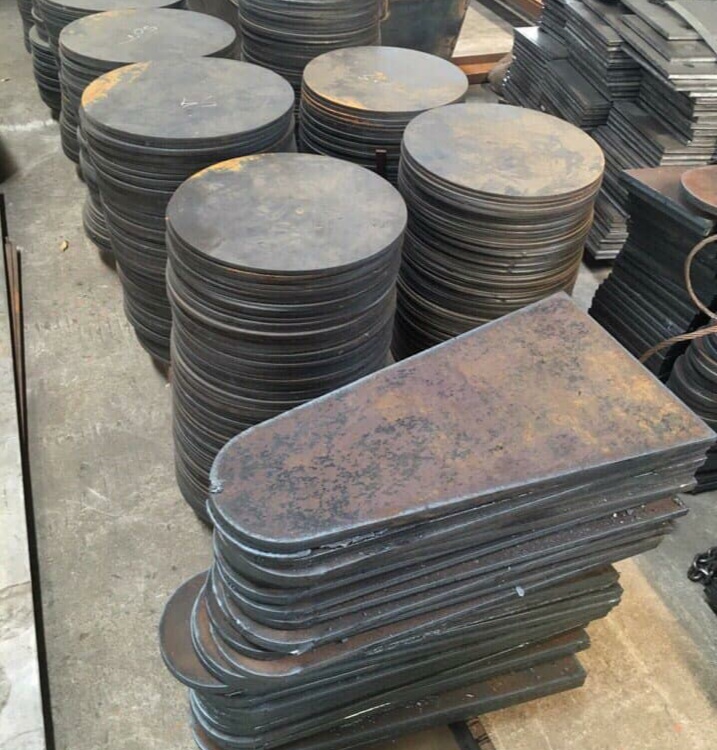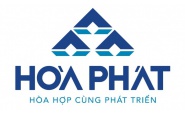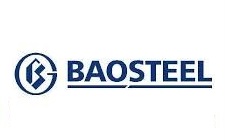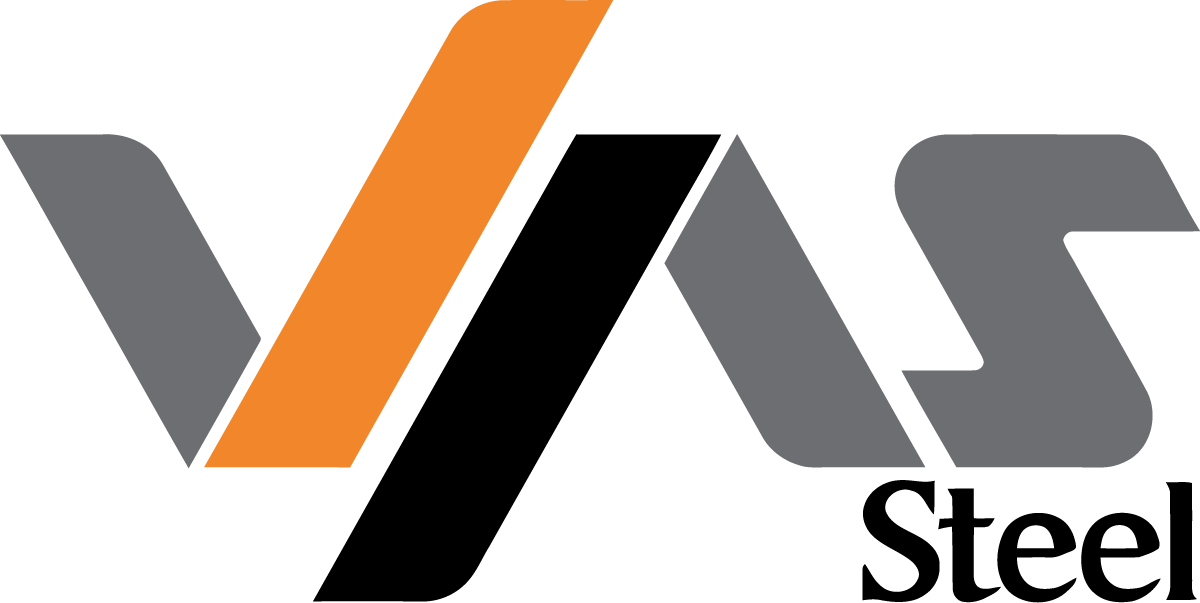The Vietnam Steel Association has coordinated with the Trade Remedies Department to guide businesses to prepare data, books and documents to answer and provide information to meet the requirements of the Mexican investigation agency.
Speaking at the online seminar "Trade remedy risks when participating in FTAs - Viewed from the case of Mexico's anti-dumping investigation on imported galvanized steel from Vietnam" on December 13, Mr. Nghiem Xuan Da, Owner President of the Vietnam Steel Association said that in the last three years, steel exports to Mexico have grown tremendously. In the first 10 months of 2021, steel exports to this market reached over 700,000 tons, worth nearly 800 million USD.
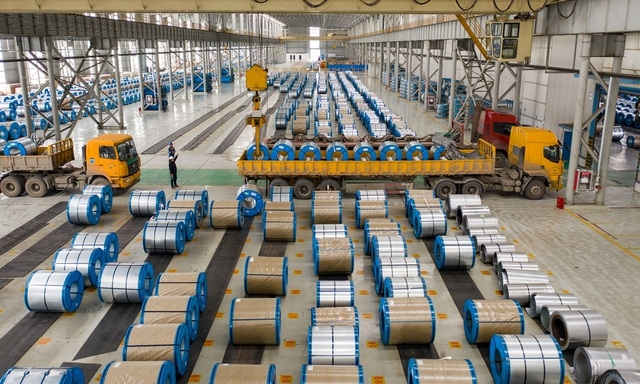 |
|
When Vietnamese steel penetrates deeply into the Mexican market as well as the market of Free Trade Agreements (FTAs), facing a trade remedy lawsuit is understandable. |
In addition to the Comprehensive and Progressive Agreement for Trans-Pacific Partnership (CPTPP), Mexico is also a member of the North American Free Trade Agreement (NAFTA) including the US, Canada and Mexico. Therefore, through the Mexican market, the export space of Vietnam's steel products is greatly expanded.
When penetrating deeply into the Mexican market as well as the market of Free Trade Agreements (FTAs), facing a trade remedy lawsuit is understandable. The Vietnam Steel Association has coordinated with the Trade Remedies Department (Ministry of Industry and Trade) to guide enterprises to prepare data, books and documents to answer and provide information to meet the requirements of regulatory agencies. check Mexico.
The trade remedy investigations have negative points such as the possibility of high tariffs, limiting the ability to export and being "contagious". For example, when Mexico investigates, it can "suggest" other markets to also investigate our country's galvanized steel products.
However, the positive point is that, when exporting enterprises accept the trend of using trade remedies, enterprises are better prepared, have solutions to improve competitiveness, and improve corporate governance. , establishing value chains to expand export space to spread risks in several markets.
“The association recommends businesses to expand the value chain, focus on using domestic raw materials, practice business ethics, openness and transparency in governance to minimize excuses leading to conflicts. investigation," emphasized Mr. Nghiem Xuan Da.
From the perspective of a state management agency, Ms. Pham Chau Giang, Deputy Director of the Trade Remedies Department shared that when Mexico initiated the investigation, it was not too surprising. The Vietnam Steel Association and steel exporters were warned more than a year earlier. The warning is based on two signs, Vietnam's steel exports to Mexico have increased rapidly since the CPTPP took effect and Mexican steel enterprises' petitions to the Vietnamese steel government may affect Mexico's steel production industry.
In general, Mexico's anti-dumping legislation is essentially in line with the provisions of the World Trade Organization (WTO). However, there will be advantages and disadvantages in this case.
Regarding the disadvantage, Ms. Giang analyzed: The most difficult thing for Vietnamese businesses is the language barrier. In the information sent by the Mexican side and in the answer to the question of the Vietnamese business, they asked to use Spanish, which must be legalized by the consulate.
In the context of Covid-19, the Mexican consulate in Ho Chi Minh City is closed. The Ministry of Industry and Trade has contacted the Ministry of Economy of this country to ask for support so that our country's enterprises can best comply with Mexico's investigation requirements. Finally, the Mexican Ministry of Economy extended the maximum period. Up to now, our country's enterprises have completed providing information to the Mexican investigation agency on time.
In terms of advantages, this is the 19th lawsuit filed by countries against Vietnam's coated steel, businesses are familiar with the process of a lawsuit. The steel industry always actively collects information and actively cooperates with investigative agencies.
“The lucky thing in the negotiation process to join the CPTPP is that Vietnam proposed and was accepted by Mexico as a market economy. Therefore, when investigating, they will agree to use production and business data in Vietnam, not use alternative data - which is very disadvantageous for our country's businesses in the lawsuits that the country sues. Vietnam has not been recognized as a market economy," said the leader of the Trade Remedies Department.
With the above difficulties and advantages, Ms. Giang said, there is reason to hope that in the event that Mexico imposes anti-dumping tax, the tax rate will not be high enough to hinder Vietnam's steel exports to the market. this school.
|
Mexico initiated an anti-dumping investigation on galvanized steel imported from Vietnam in October. This is Mexico's first trade remedy lawsuit against Vietnamese exports, as well as a trade remedy case. It is the first trade union of a CPTPP member country to investigate Vietnam after this Agreement came into effect. The investigation period of this case is quite long, about 10 months, which can be extended according to Mexican regulations. |
Hai Quan
 English
English  Vietnamese
Vietnamese
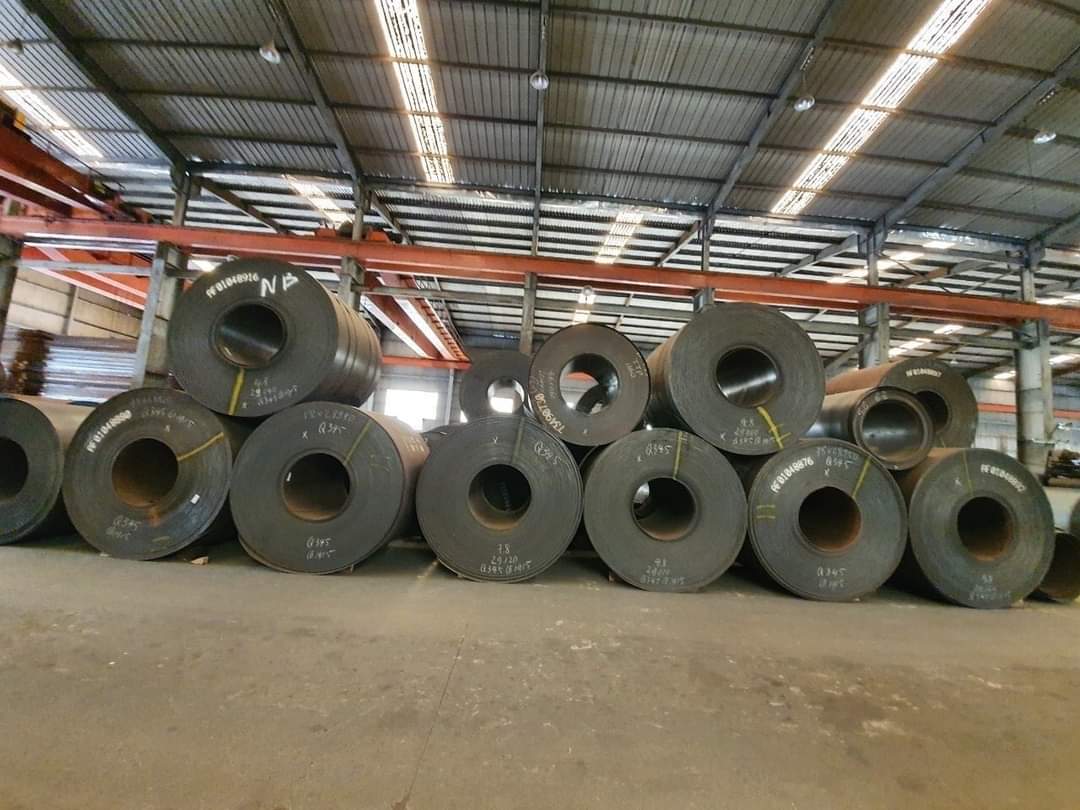


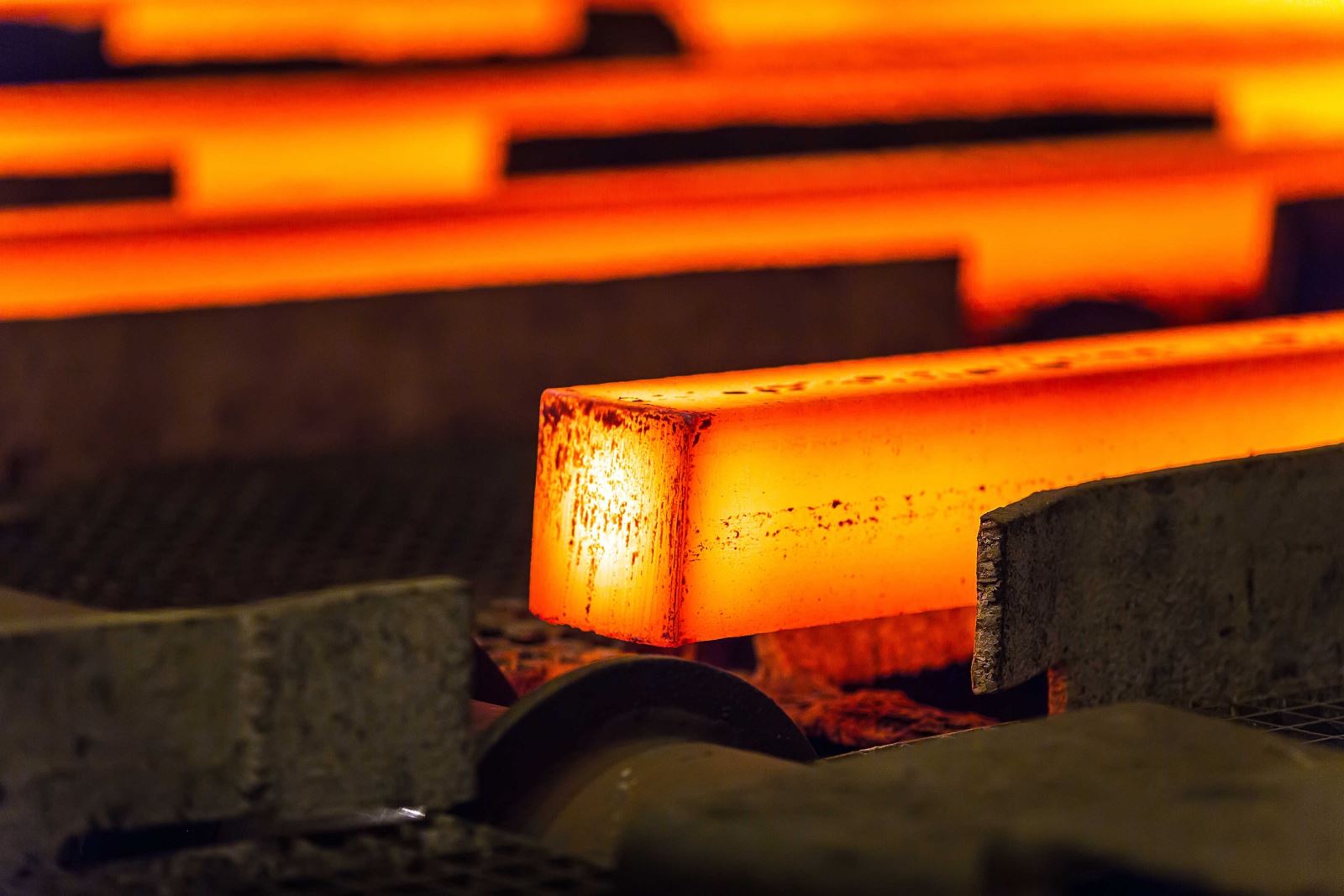
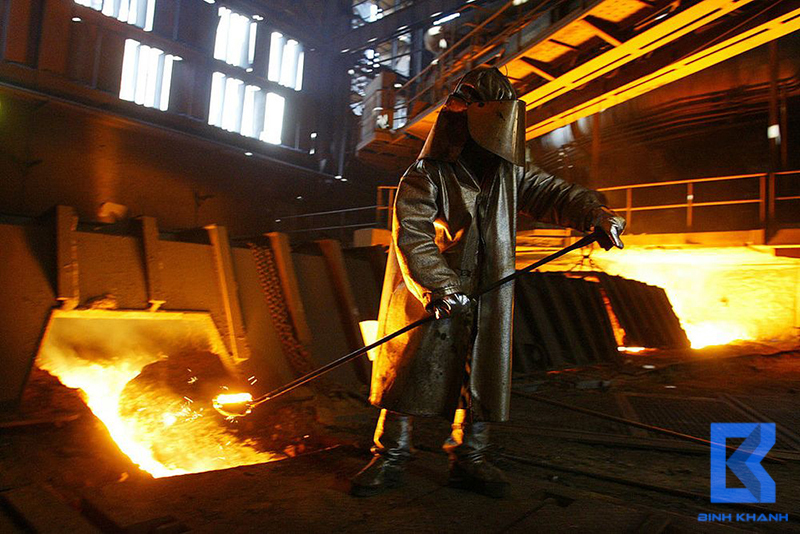

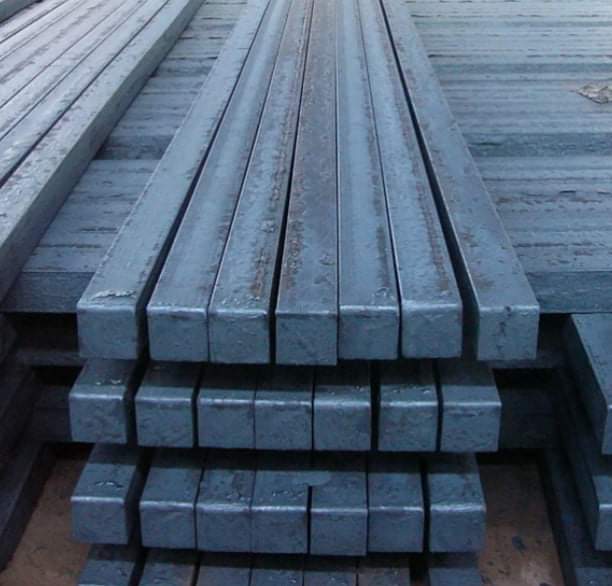

w300.jpg)


